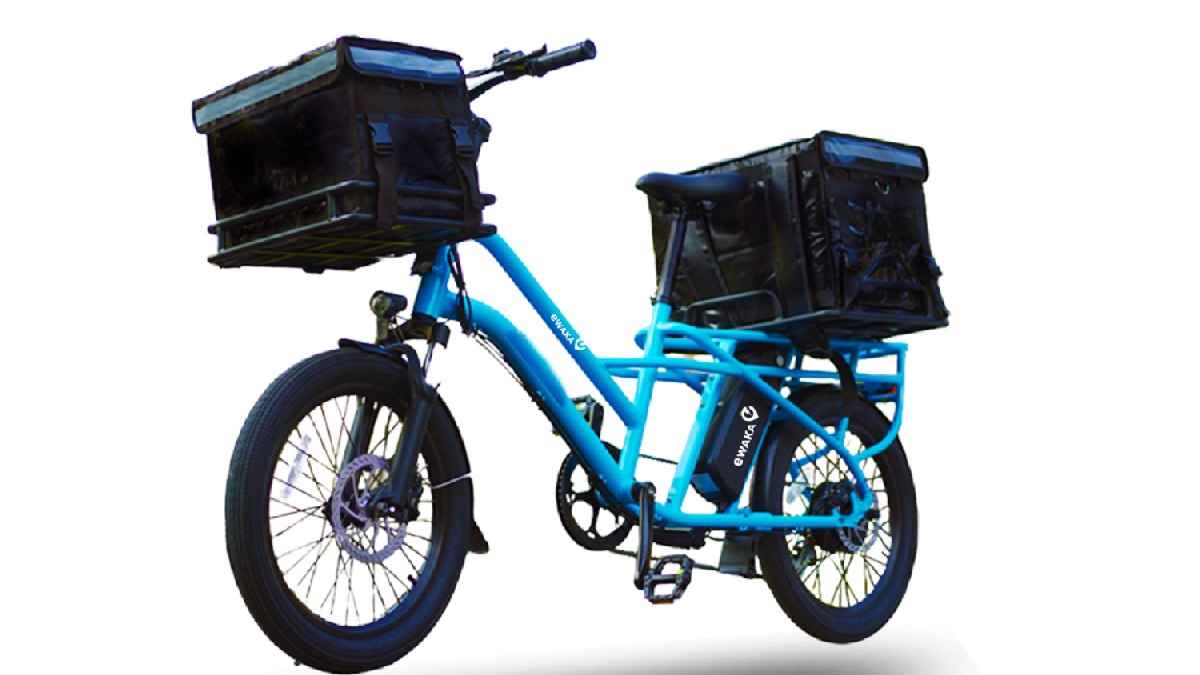Business
eWAKA Secures a 500 000 CHF Loan from Swiss State Secretariat for Economic Affairs (SECO) Start-up Fund

Events
As global power structures shift, Invest Africa convenes The Africa Debate 2026 to redefine partnership in a changing world
Business
Zion Adeoye terminated as Chief Executive Officer (CEO) of CLG due to serious personal and professional conduct violations
Business
The International Islamic Trade Finance Corporation (ITFC) Strengthens Partnership with the Republic of Djibouti through US$35 Million Financing Facility
-

 Energy4 days ago
Energy4 days agoTrinidad & Tobago Prime Minister (PM) to Address Caribbean Energy Week (CEW) 2026 Amid Multi‑Billion‑Dollar Energy Investment Surge
-

 Business4 days ago
Business4 days agoCGTN: Vision 2030: China’s tech blueprint reshaping global innovation
-

 Business4 days ago
Business4 days agoEquatorial Guinea, Chevron Sign Aseng Agreement, Strengthening GEPetrol Participation
-

 Energy3 days ago
Energy3 days agoAfrican Energy Chamber (AEC) Endorses Kigali’s Africa CEO Forum as the Continent’s Strategic Hub
-

 Business4 days ago
Business4 days agoSouth Africa Joins Afreximbank, Announces US$8bn Country Programme
-

 Business4 days ago
Business4 days agoBenedict Peters and Aiteo Group: Defining an African Energy Champion
-

 Energy4 days ago
Energy4 days agoFrom Stalled Talks to Breakthroughs: Yoyo-Yolanda Signals New Chapter for the Gulf of Guinea
-

 Energy3 days ago
Energy3 days agoInvestors Look to Paris to Gauge Africa’s 2026 Energy Pipeline













